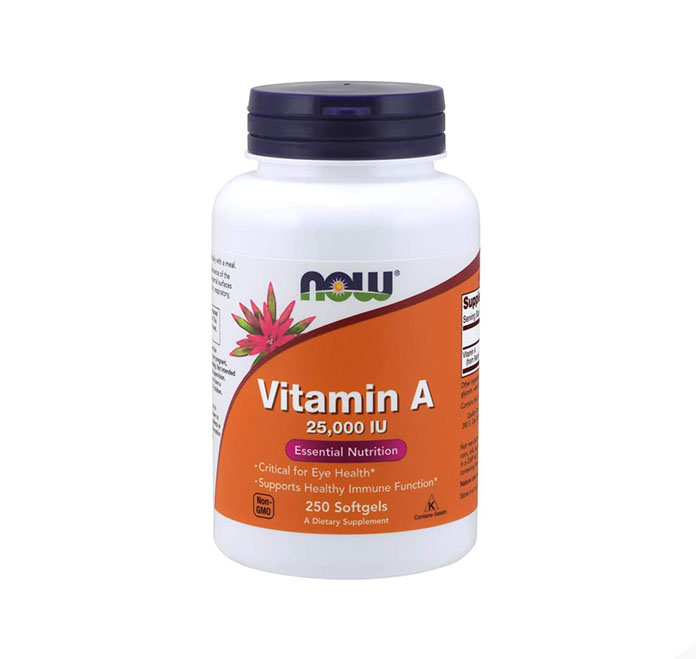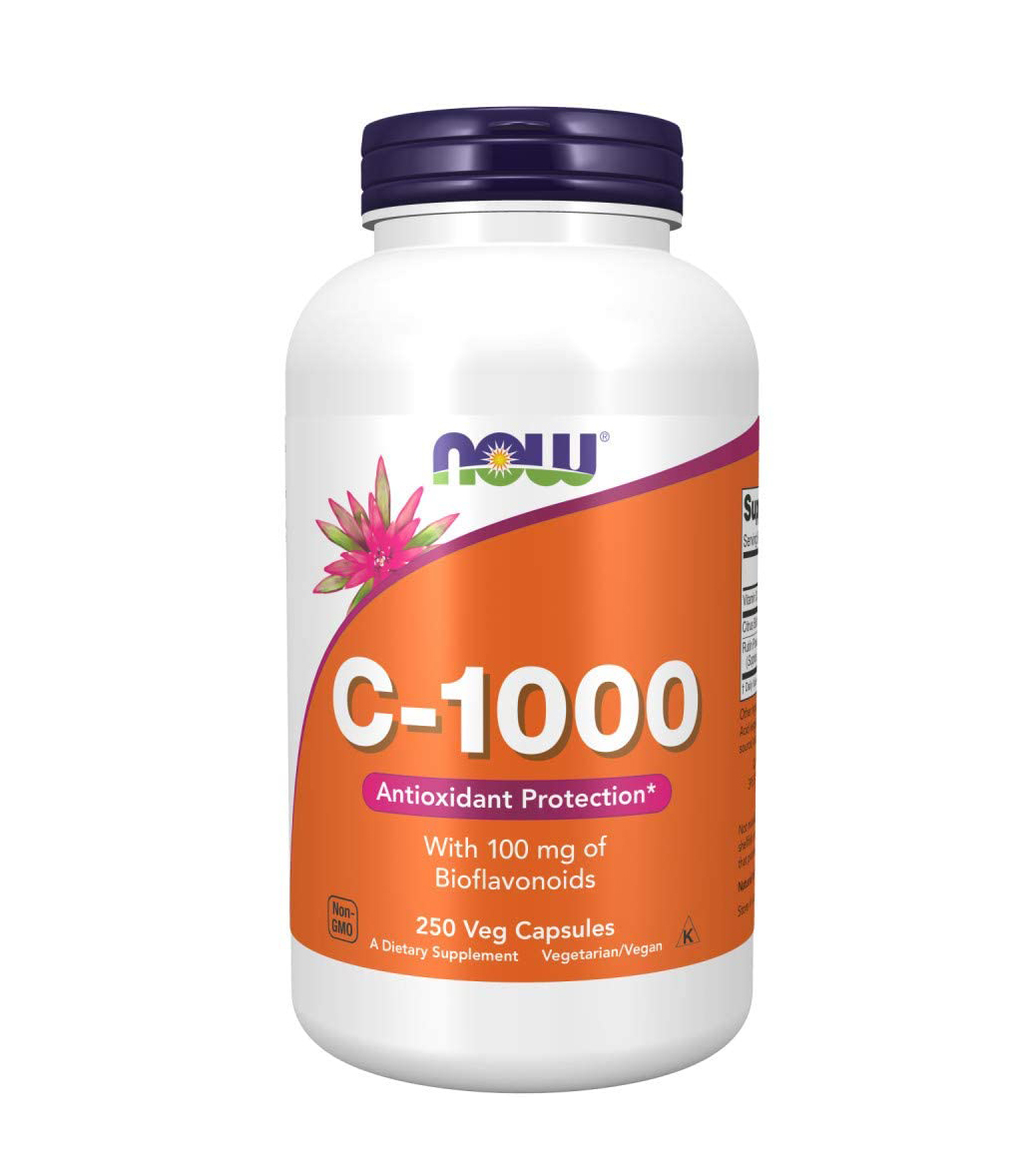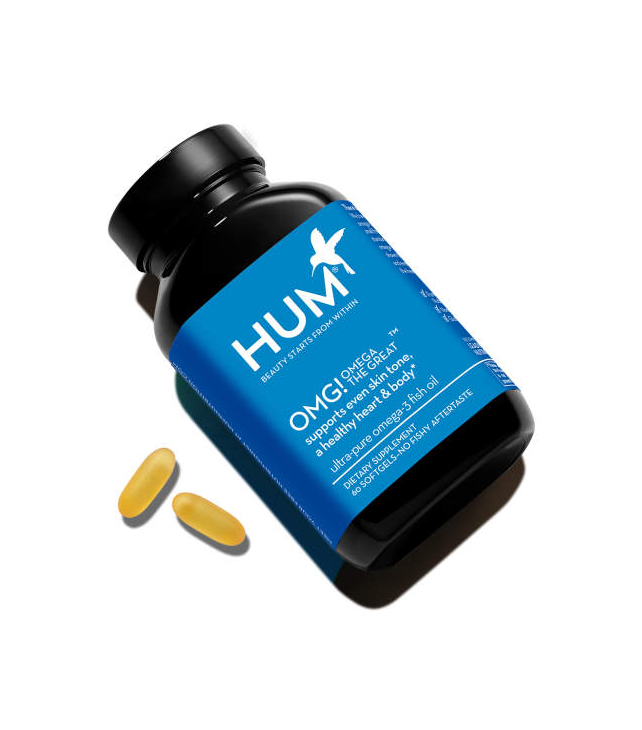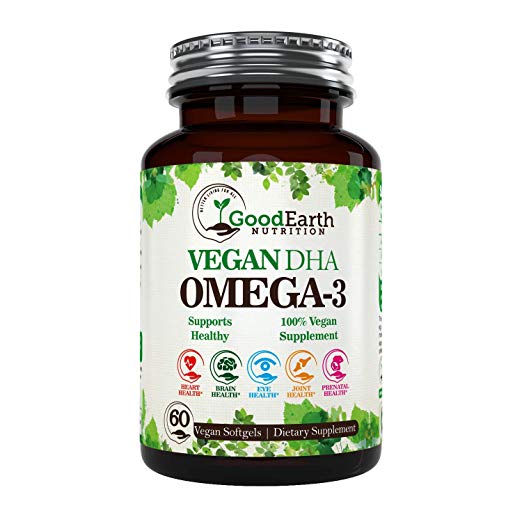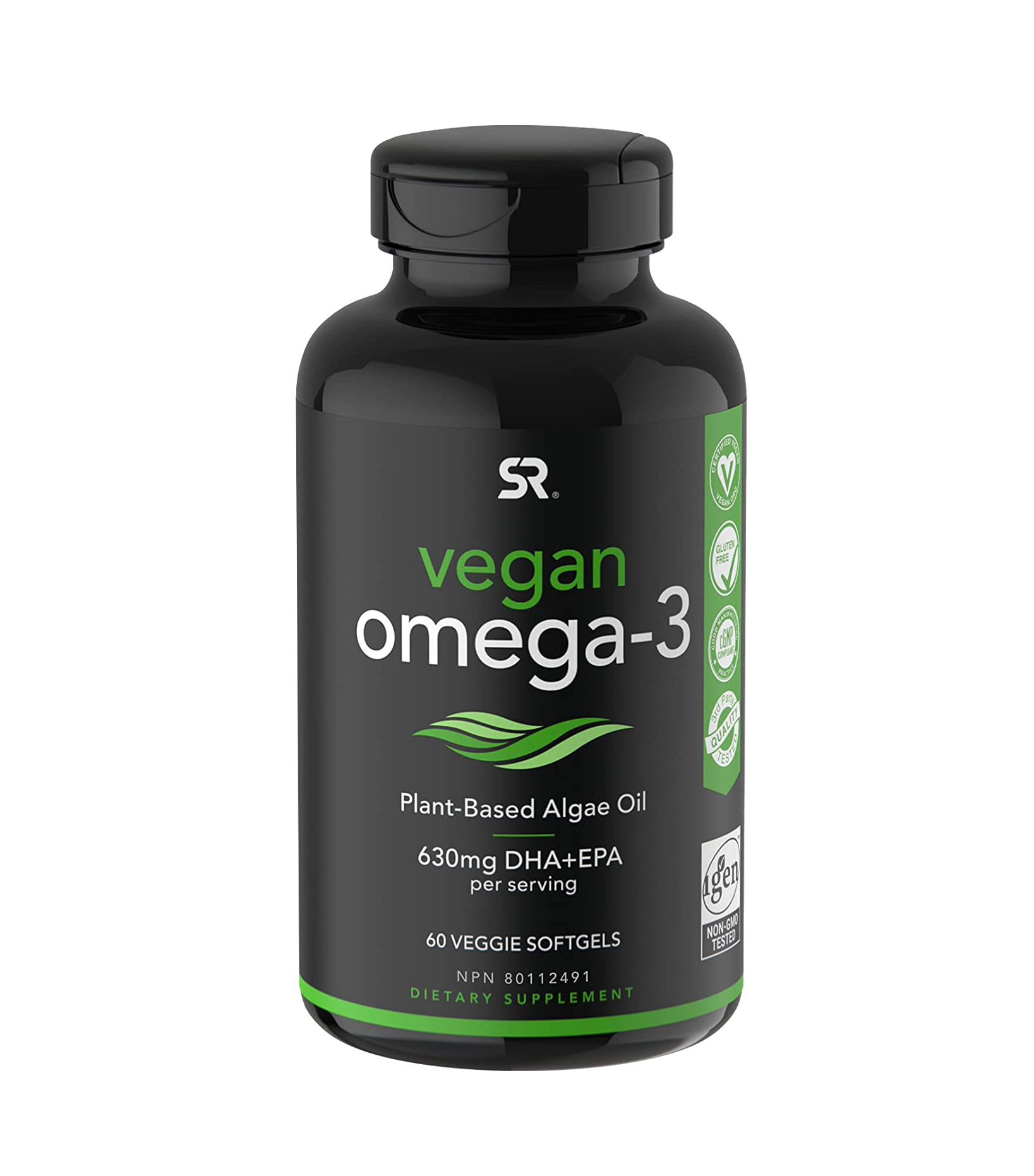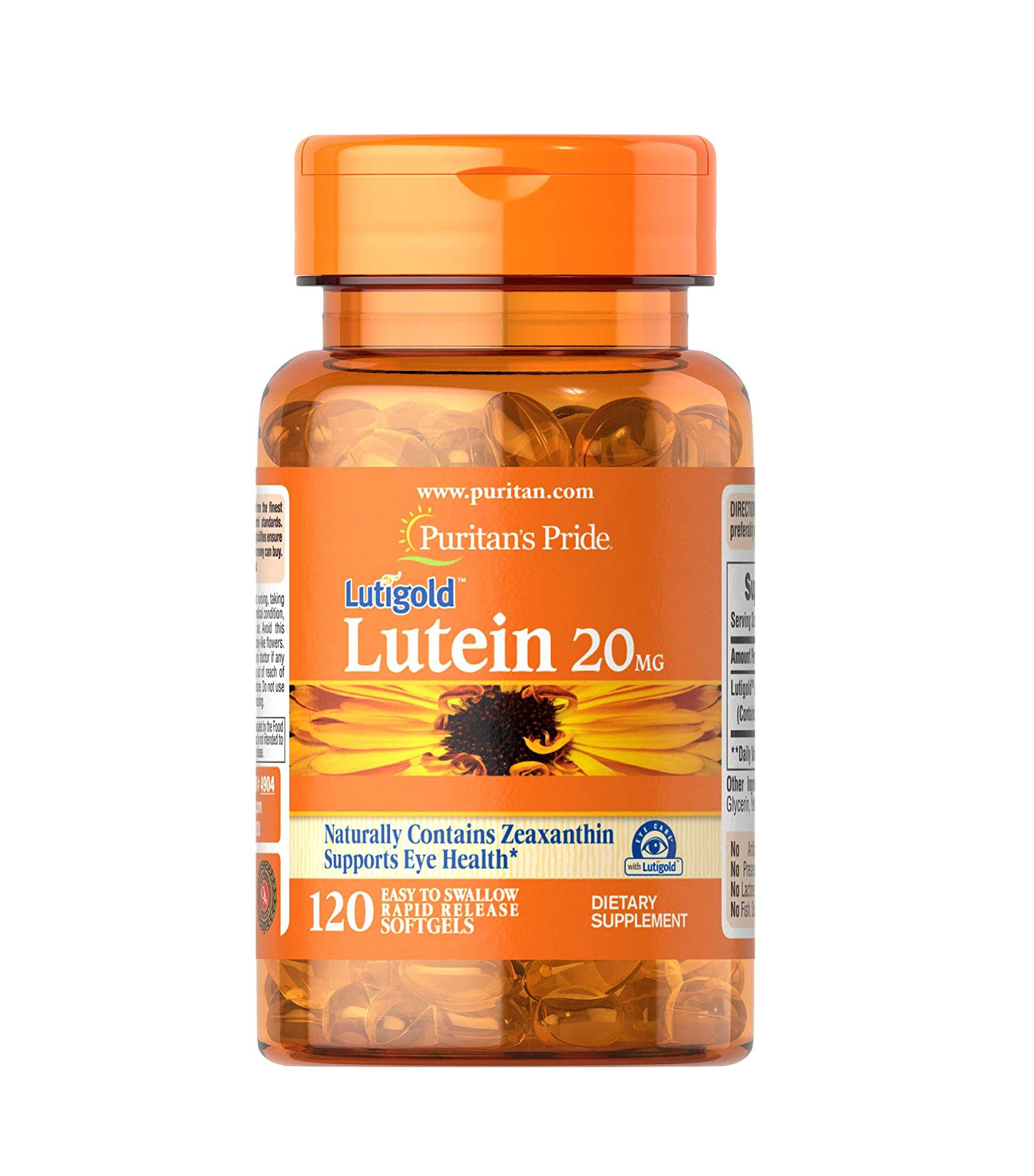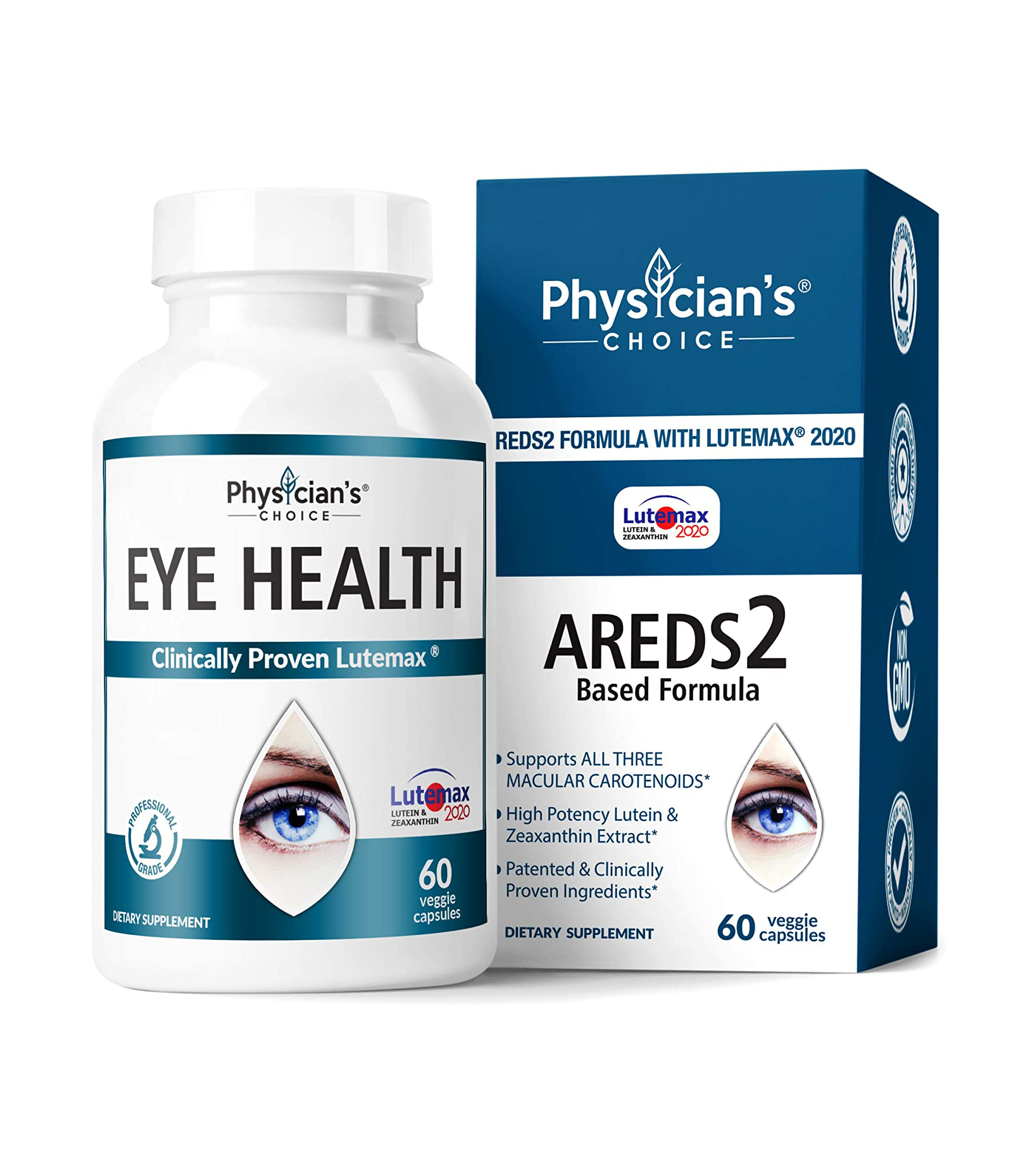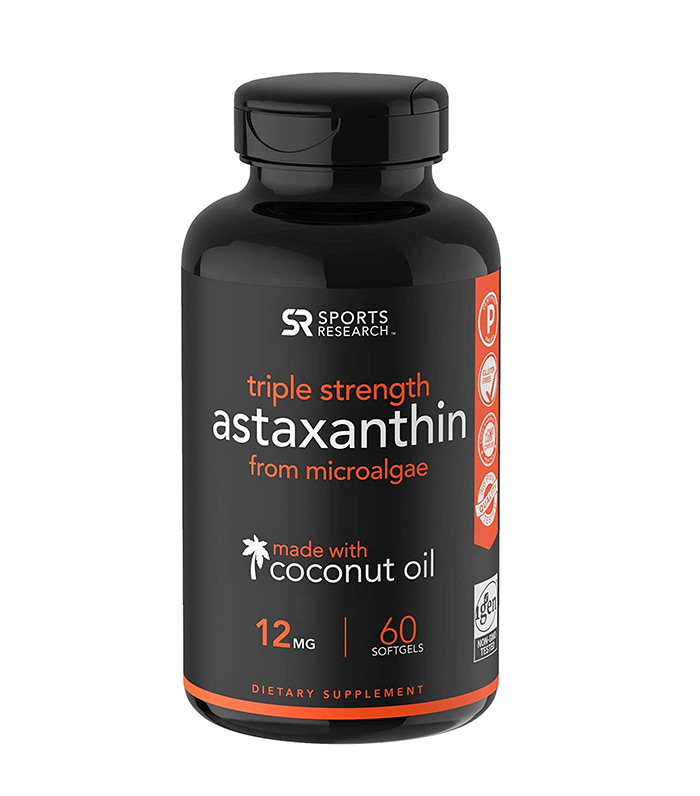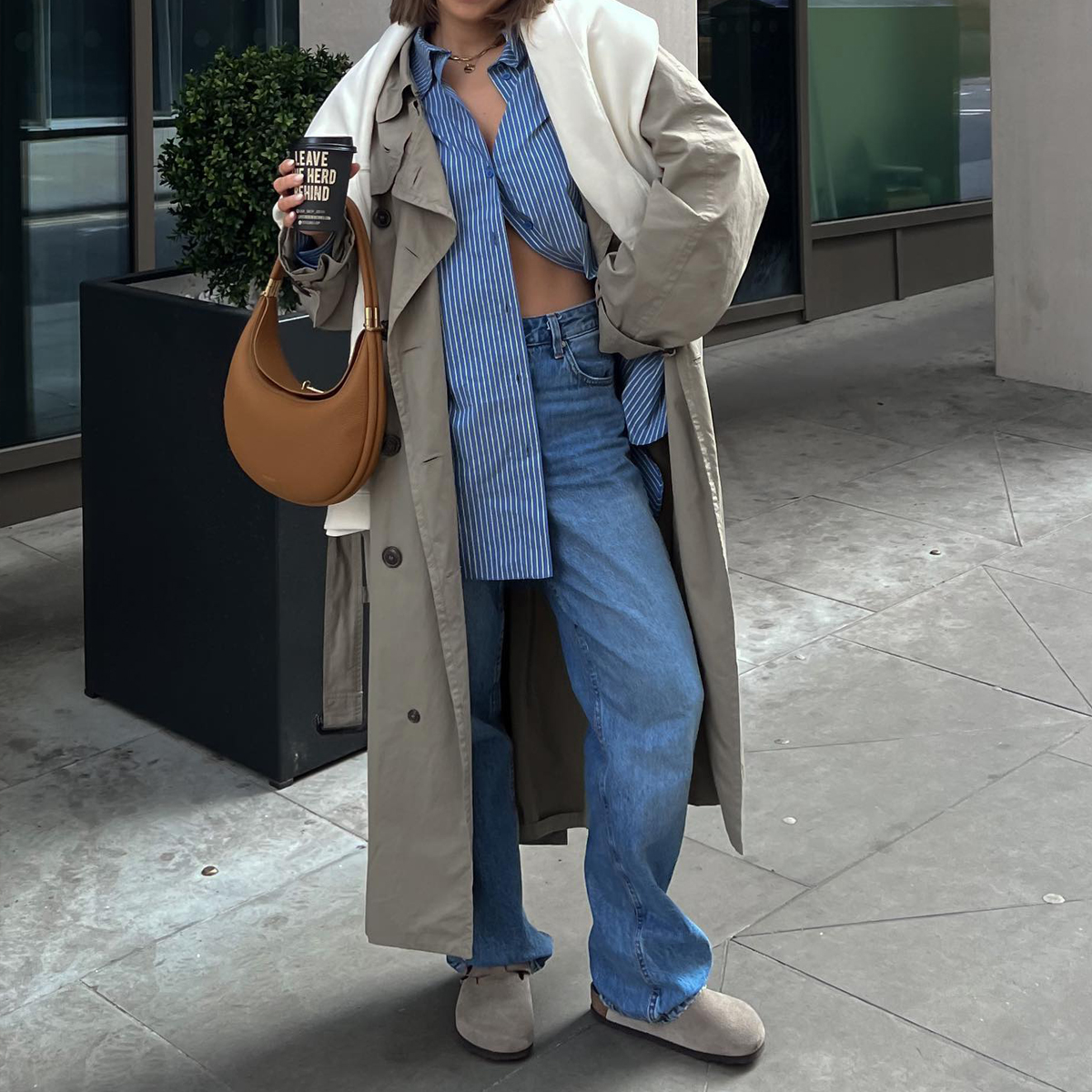An Ophthalmologist Shares the Best Vitamins for Eye Health


Unfortunately, too many of us have experienced blurry vision, dry eyes, and inflammation. And usually, we pay a visit to our optometrist when eye signs get more serious. In the interim, though, there are everyday habits you can pick up that will promote healthier eyes in the long run. Speaking of which…
Research supports the fact that taking vitamin supplements like fish oil, vitamin C, and zinc promote eye health and reduce ailments like dryness and inflammation. One of the most important supplements—omega-3 fatty acids—have been clinically studied for their benefits on eye health. We tapped eye experts to explain exactly how to maintain healthy eyes.
"If your eyes are feeling dry, you may not be getting all the vitamins you need for optimal eye health," explains the Care/of scientific advisory team. "Taking fish oil can help alleviate eye dryness and support healthy eyes in general. Additionally, if your diet is unable to support all the vitamins you need, it's a good time to start taking supplements like fish oil, veggie omega, zinc, or vitamin C that support eye health."
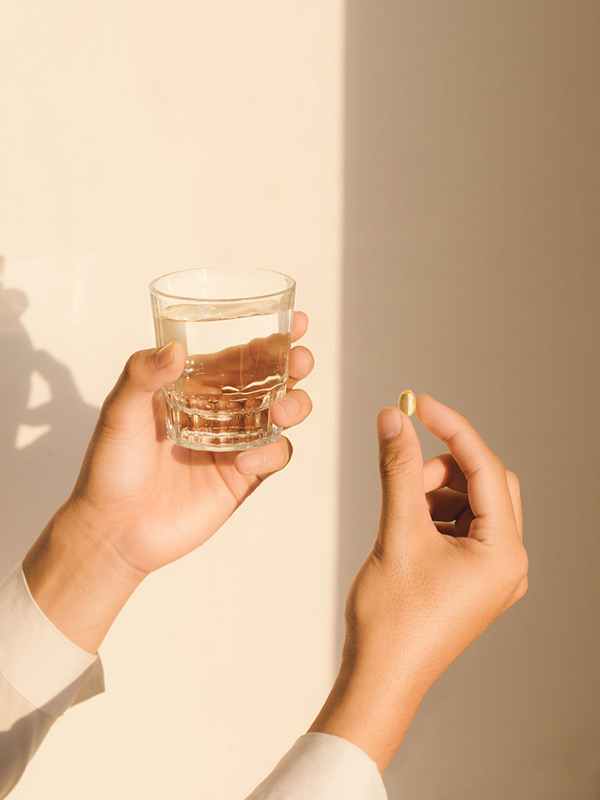
More specifically, they recommend taking two 600 milligram soft gels of fish oil or veggie omega supplements per day, while additional supplementation of zinc and vitamin C can also help promote eye health and simultaneously support a strong immune system.
Max Lugavere, brain health expert and author of Genius Foods, breaks down common causes of irritated eyes. "The eyes are vulnerable to oxidation, particularly from short-wavelength blue light, which although is important for setting our body's circadian rhythms, can also create free radical stress and promote aging," he explains. "Antioxidant supplements are beneficial for protecting the eyes and can act as a natural sunscreen for the eye's delicate structures."
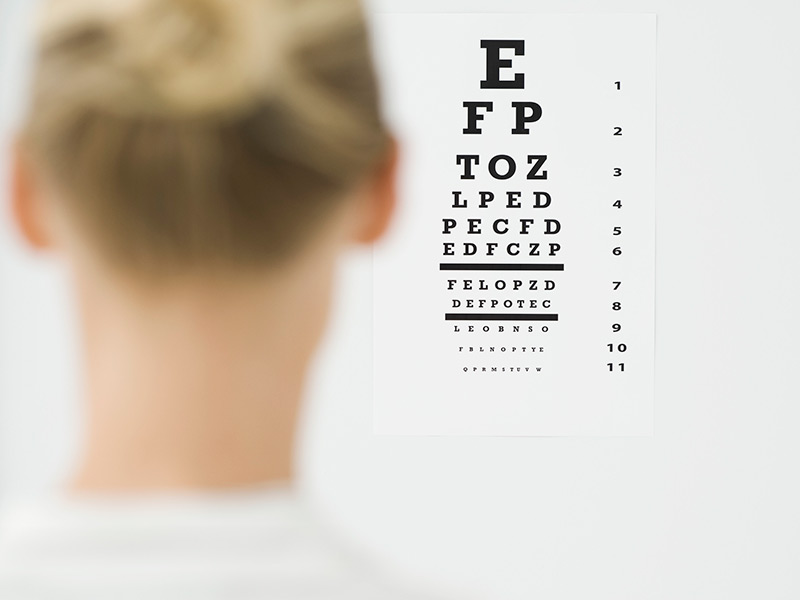
Ophthalmologist Alberto Distefano, MD, of Boston University School of Medicine, brings up the importance of annual eye exams after the age of 40 to catch problems such as macular degeneration before they become symptomatic.
"People with macular degeneration may show signs of blurred central vision, wavy patterns in parts of the central vision, or change in size of objects in parts of the central vision," Distefano says. "Anyone with eye or vision symptoms should see an eye doctor prior to starting any type of treatment at home to see if there's a problem and to treat it properly."
Distefano continues, "It's important to read the labels and reviews on vitamins, as they are generally not regulated in manufacturing in the way other medications are. Always follow the directions, and do not take more than directed." Now that we're clear on how essential it is to take care of our eyes, here are the best vitamins for eye health.
1. Vitamin A
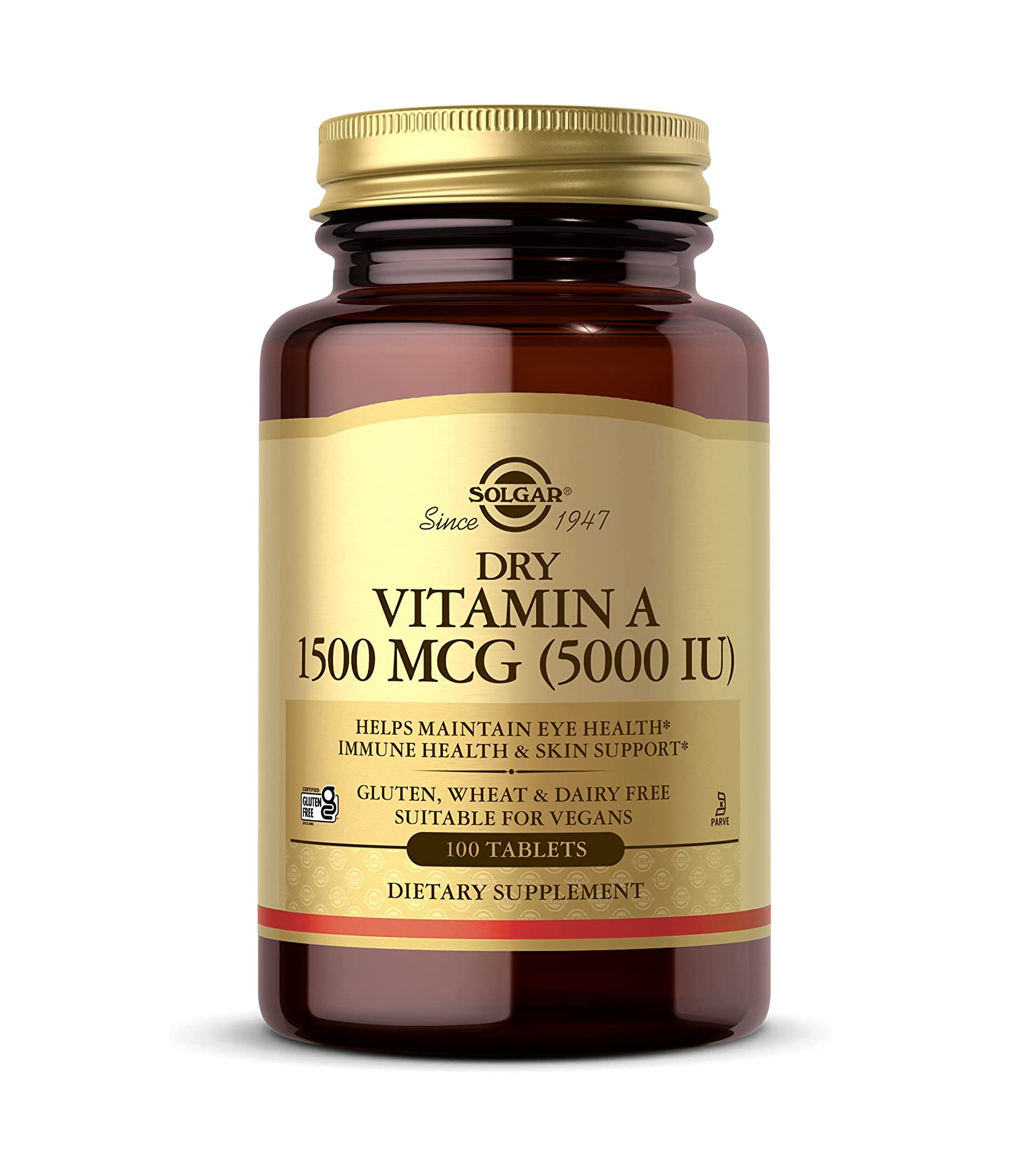
"This is an extremely important vitamin for the eye," Distefano says. "Vitamin A is used by the retina in the first parts of the vision pathway, especially with night vision. Vitamin A is also important in keeping your eye lubricated. Not getting enough vitamin A can lead to a dry ocular surface and difficulty to see in dim and dark lighting." People with vitamin A deficiency may also develop severe dry eye and have difficulty seeing at night. "It's rare to be deficient in vitamin A. … [It's] occasionally seen in patients who are unable to absorb certain nutrients," he explains.
2. Vitamin C
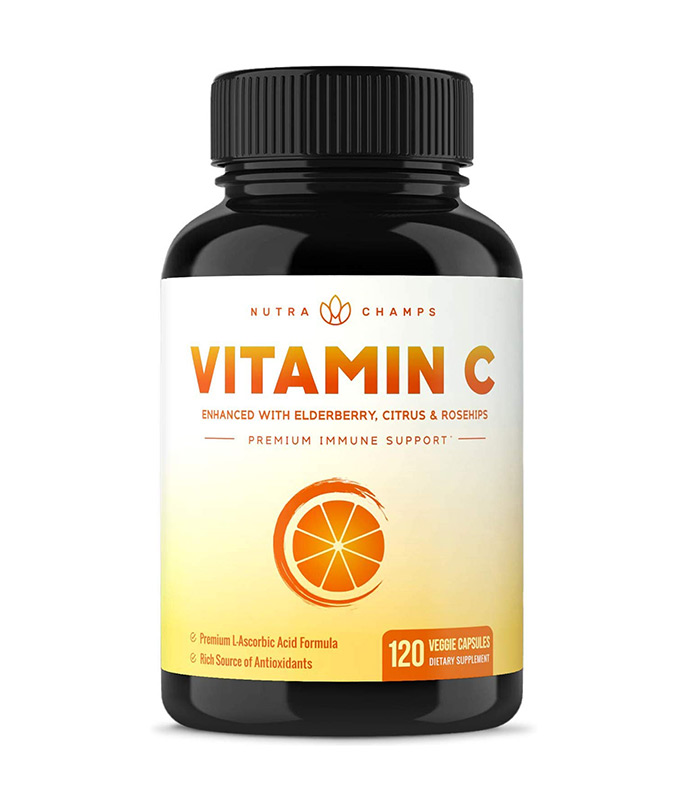
Distefano explains that antioxidants found in vitamin C may help prevent damage caused by free radicals and unstable molecules that cause damage to different parts of the eye (and body). "Free radicals are thought to lead to progression of age-related macular degeneration and cataracts," he explains. "Antioxidants take up the free radicals so that they cannot damage the eye."
3. Omega-3 Fatty Acids
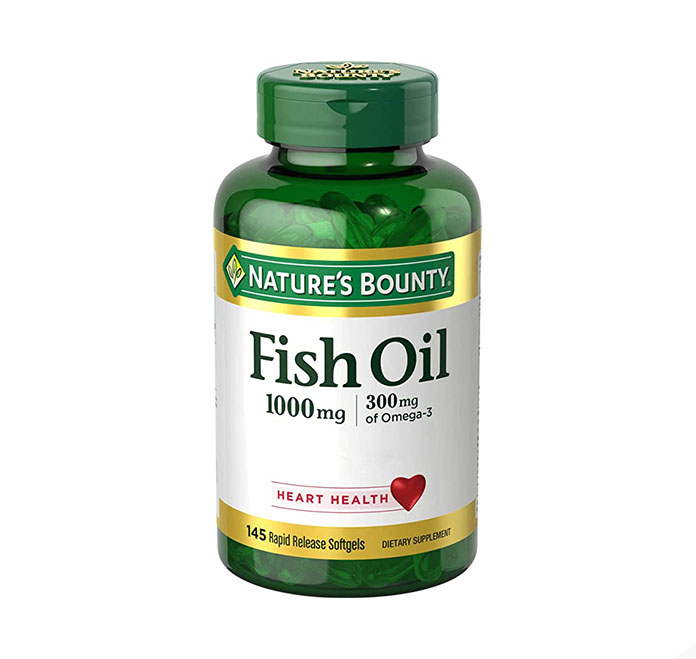
"Highly concentrated in the retina, omega-3 fatty acids are very important in maintaining healthy vision and visual development," explains Distefano. "They are also helpful in preventing dry eye by keeping a healthy tear film."
Lugavere agrees that a quality fish oil can keep eyes feeling moist. "They can also help protect them from inflammation and some of the problems that underlie age-related macular degeneration," he adds.
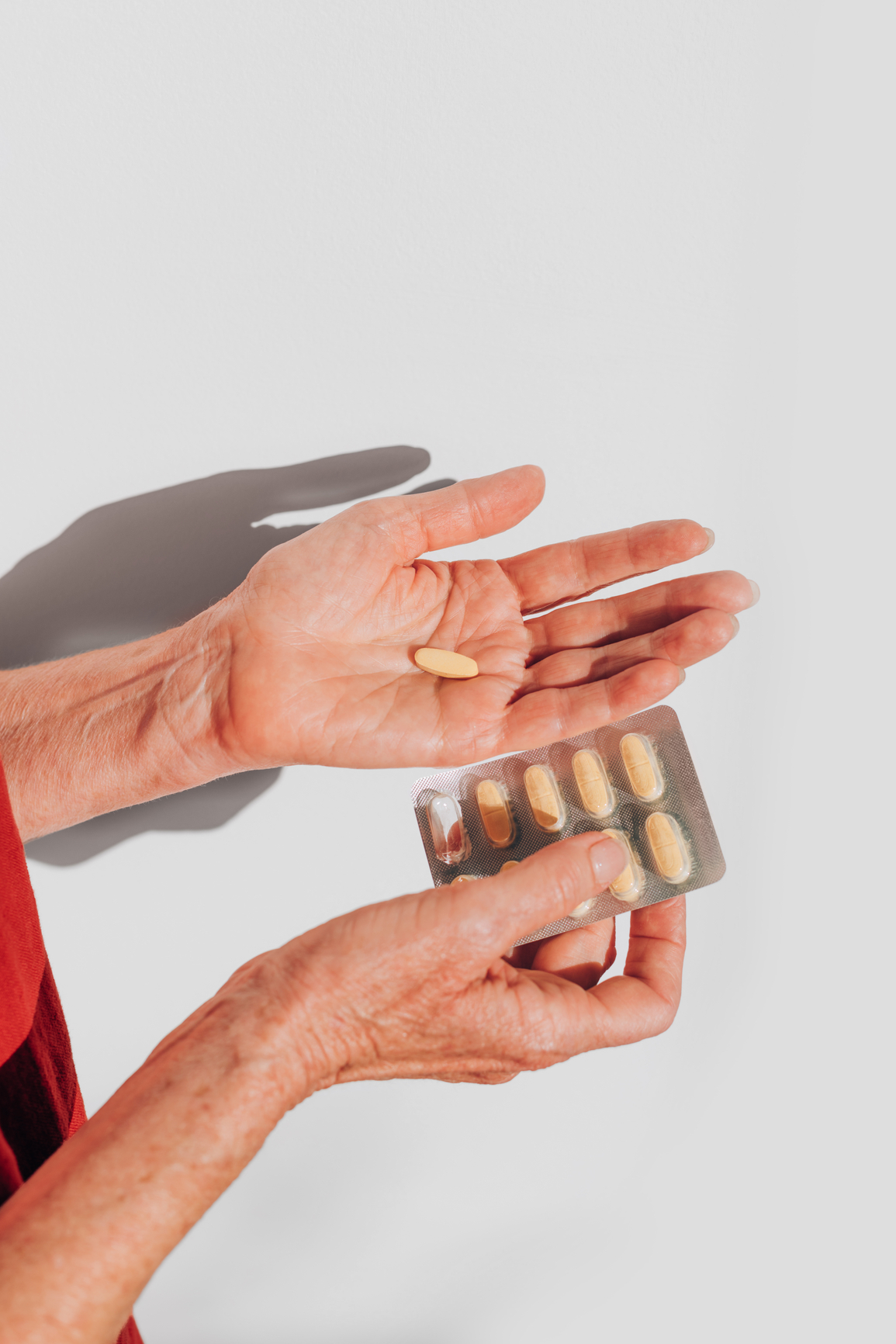
The Care/of scientific advisory team also recommends fish oil for optimal eye health, saying, "The benefits of omega-3 fatty acids found in fish oil, which contain eicosapentaenoic acid and docosahexaenoic acid, can help alleviate dryness."
Distefano also mentions supplements like vitamin E, beta-carotene, zinc, selenium, lutein, and zeaxanthin will also keep your eyes healthy.
4. Veggie Omega-3 Fatty Acids
"Veggie Omega is an omega-3 supplement sustainably sourced from a type of microalgae, schizochytrium sp," explains the Care/of scientific advisory team. "It's loaded with EPA and DHA, which are the same omega-3s found in fish oil. It's a great way for vegans and vegetarians to get their omega-3s, which have been found to maintain healthy eyes."
5. Carotenoids
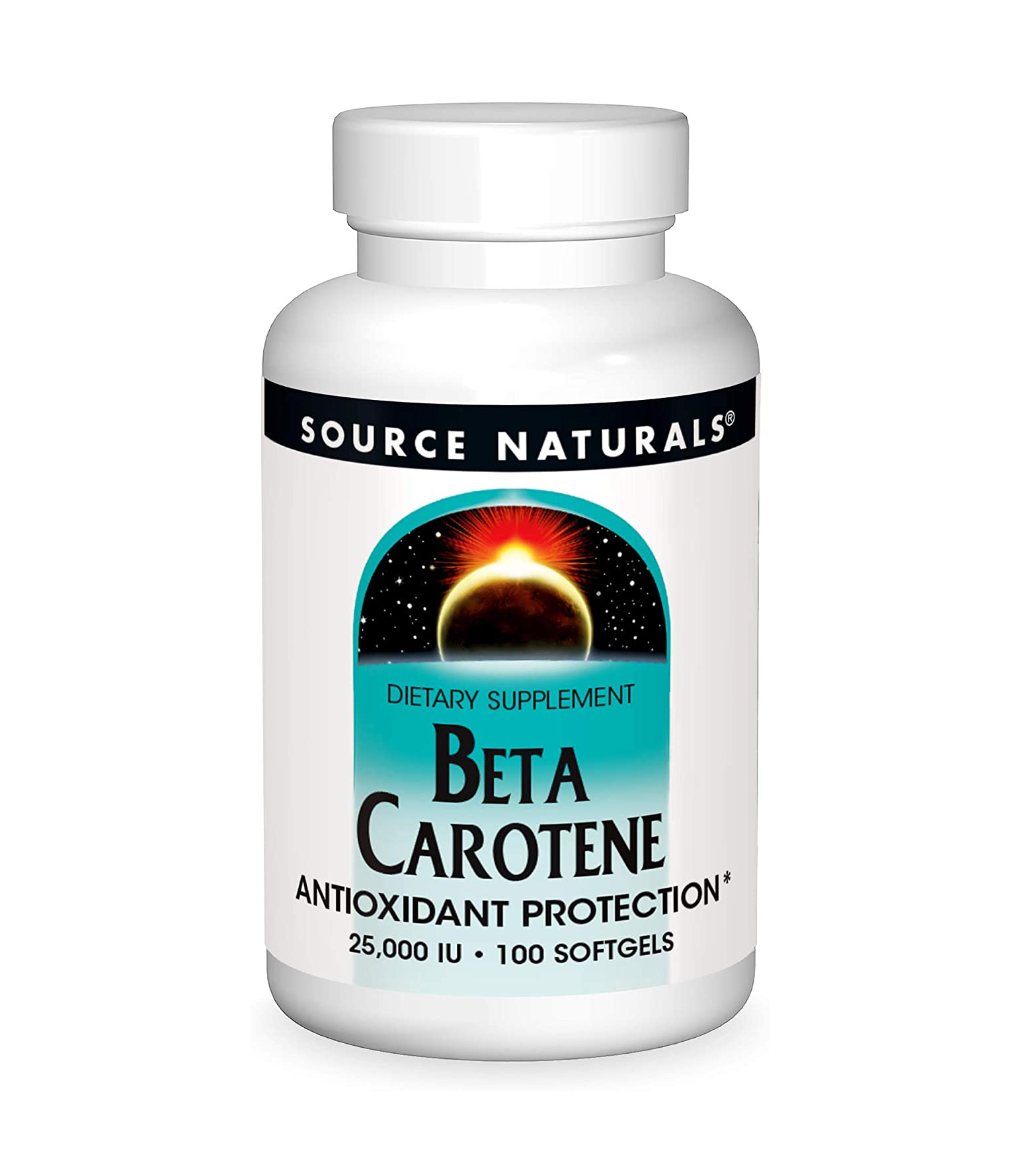
According to Lugavere, carotenoids—which are pigments found in some vegetables and eggs as well as grass-fed beef—are among the eyes' best friends. "Lutein and zeaxanthin are two carotenoids that accumulate in the eye as well as the brain and help guard the eyes against oxidative stress," Lugavere explains. "They've also been found to protect against eye strain due to screen exposure. Beta-carotene is also a carotenoid and very important because it's also provitamin A. We eat it from plants, and it becomes converted to vitamin A, which is essential for proper eye function."
6. Astaxanthin
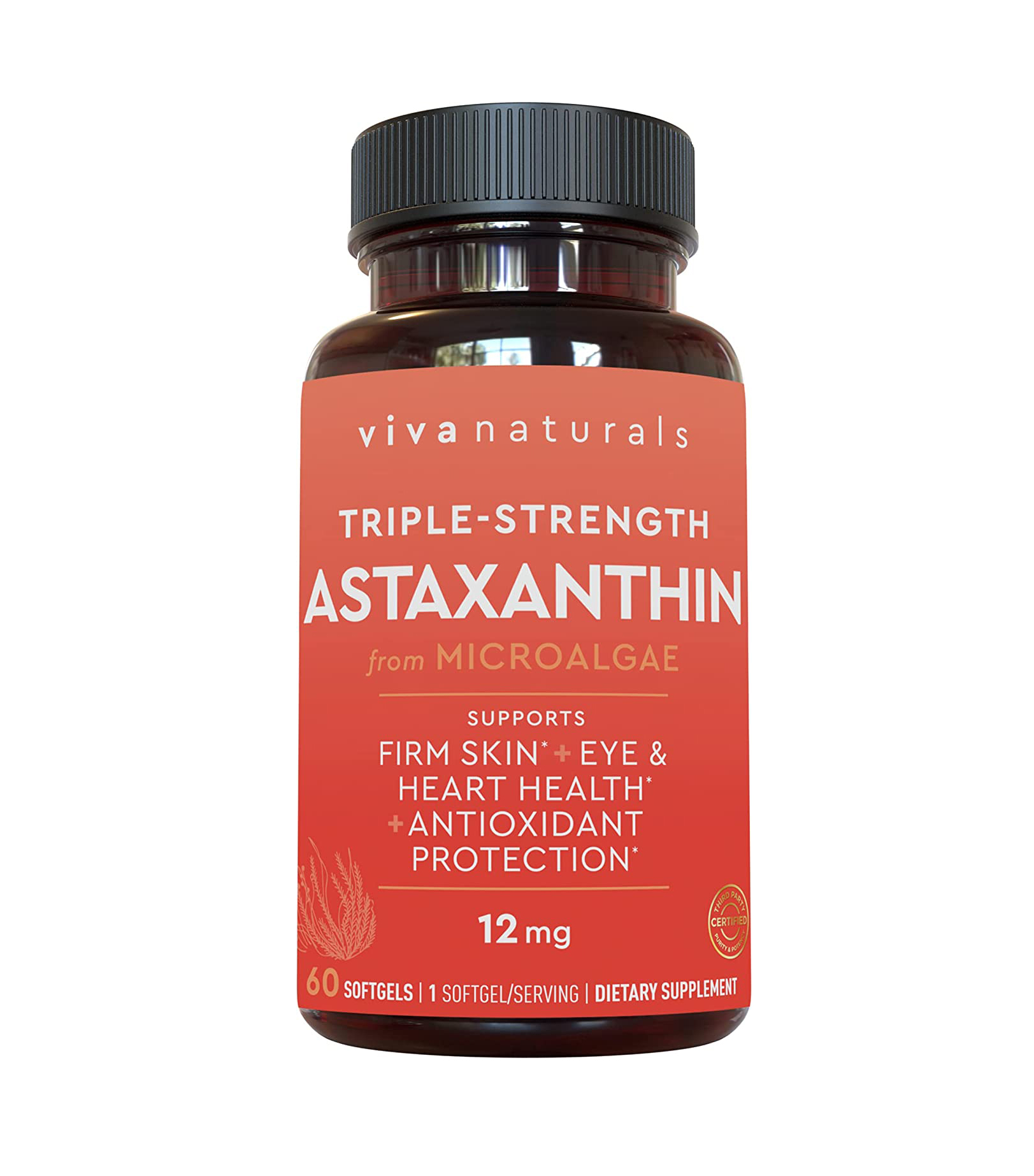
Lugavere is a huge fan of astaxanthin, which is another rare carotenoid. "This vitamin can help with diabetic retinopathy, macular degeneration, eye strain, fatigue and even improve some aspects of sight," he explains.
7. Dark Leafy Vegetables, Fruit, and Fish
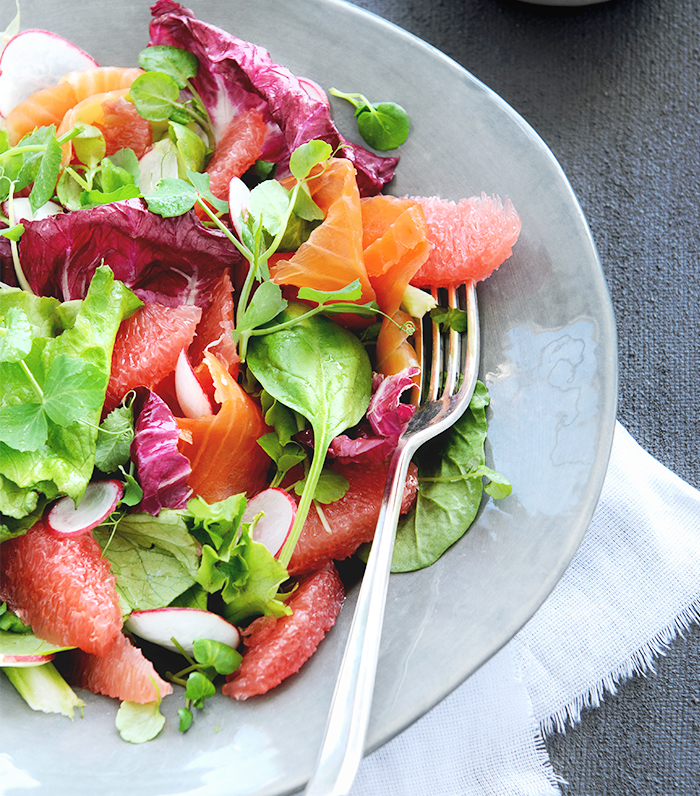
Distefano believes that to help eyes, a healthy, varied diet is always best, and supplementation can help when your diet isn't optimal. "It's important to eat a healthy diet, especially with dark, leafy vegetables, fruits, and fish," he explains. The American Heart Association recommends 0.5 to 1.0 grams per day of EPA and DHA, which are types of omega-3 fatty acids. The average American doesn't get that from their diet."
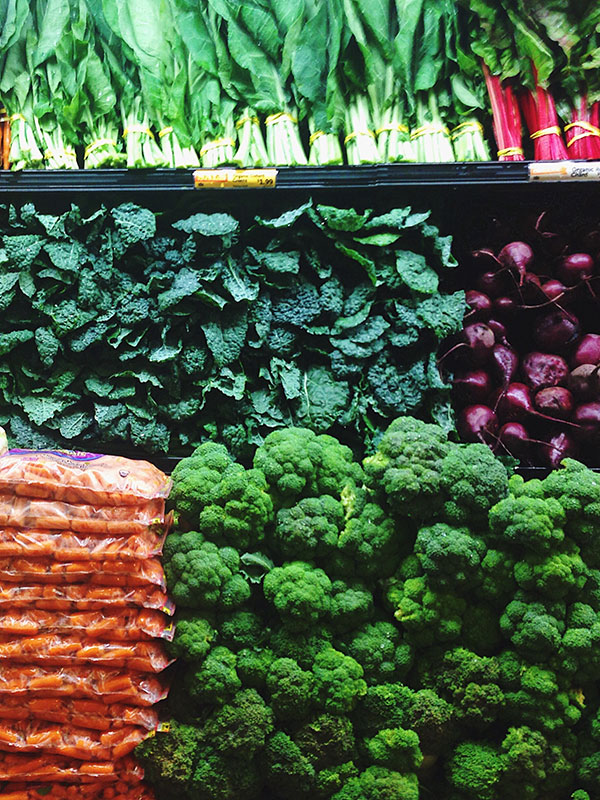
Lugavere supports this statement and says everyone can benefit from eating more foods rich in compounds like carotenoids. "I recommend consuming whole foods by eating a wide array of colorful plants like kale, bell peppers, avocados, as well as eggs and properly raised sources of meat. Always remember to consume carotenoids with a source of fat as these compounds need fat to be absorbed from the gastrointestinal tract."
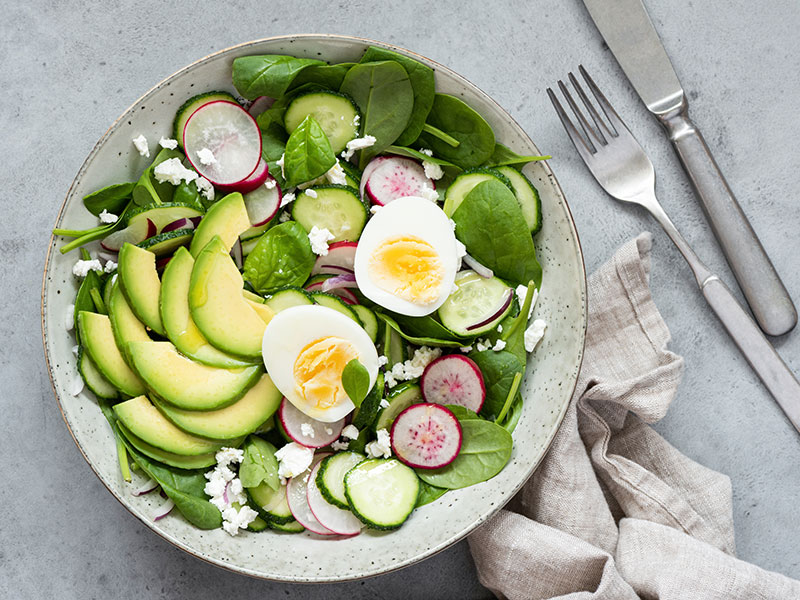
[Ed. note: If you're experiencing eye or vision symptoms, please see an eye doctor prior to starting any type of supplement or making dietary changes.]
Next up: The 10 Best Vitamins for Anxiety, According to Experts
This article was originally published at an earlier date and has since been updated.
Disclaimer
This article is provided for informational purposes only and is not intended to be used in the place of advice of your physician or other medical professionals. You should always consult with your doctor or healthcare provider first with any health-related questions.
-
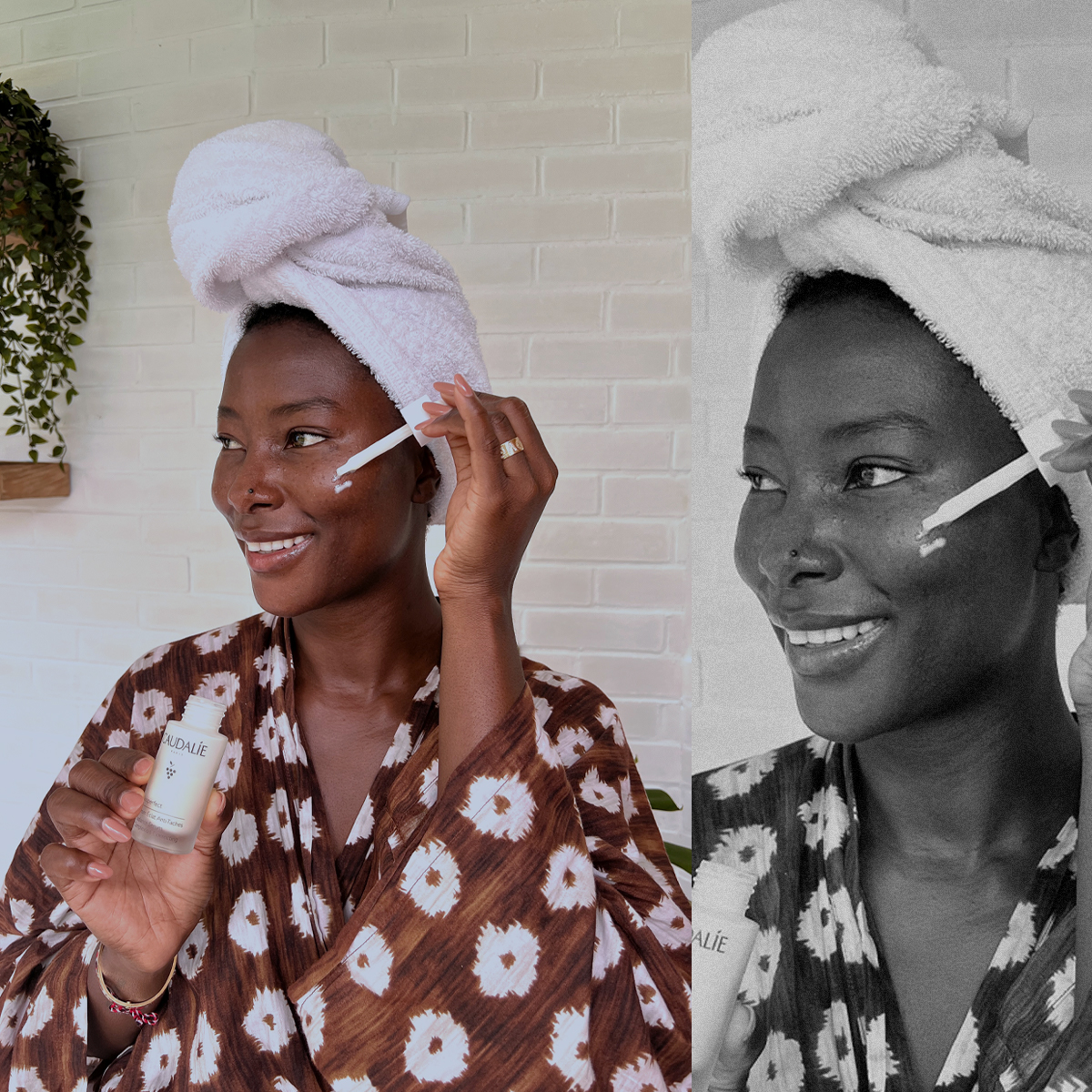 This Beauty Blogger's Wind-Down Routine Is Anything But a Snooze
This Beauty Blogger's Wind-Down Routine Is Anything But a SnoozeSee her go-to workout and her favorite vitamins.
By Virginia Yapp
-
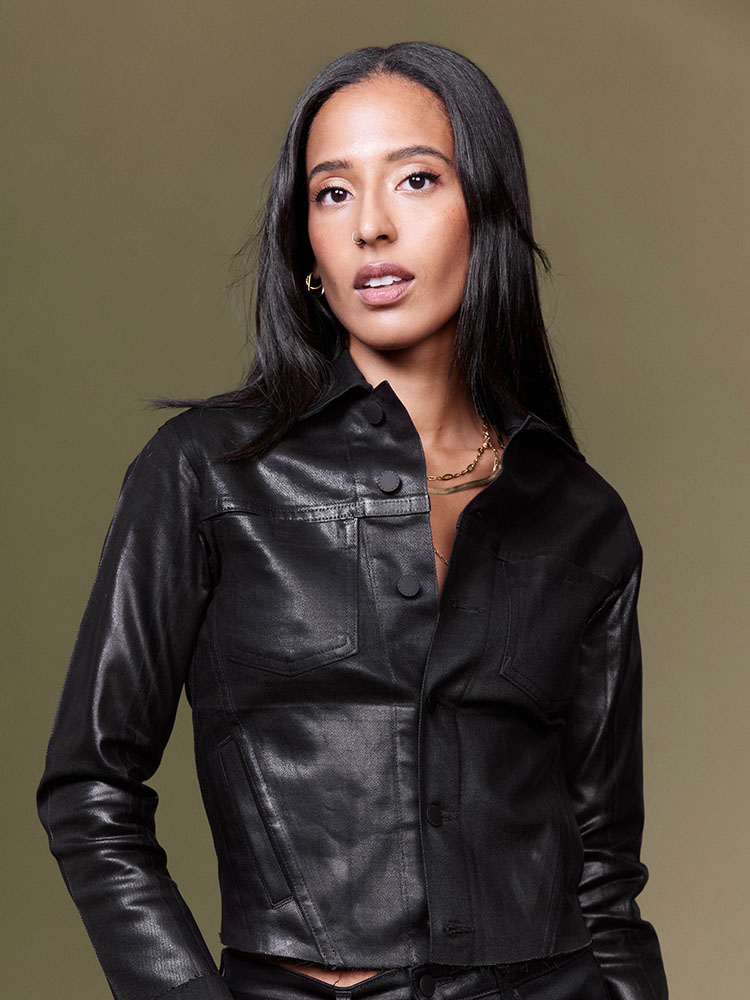 This Founder Shares Why We Should Start Celebrating Rest
This Founder Shares Why We Should Start Celebrating RestBurnout is nothing to be proud of.
By Kia Topps
-
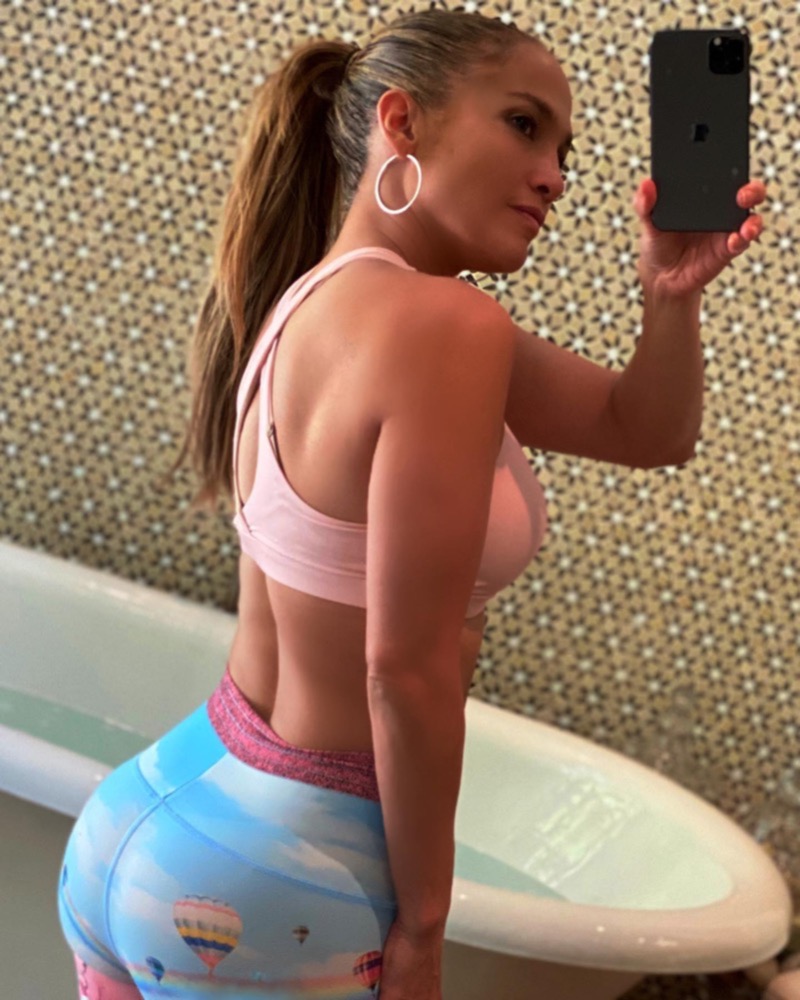 I Asked J.Lo's Trainer for His Very Best Fitness Tips
I Asked J.Lo's Trainer for His Very Best Fitness TipsGunnar Peterson has thoughts on how to get moving this season.
By Kia Topps
-
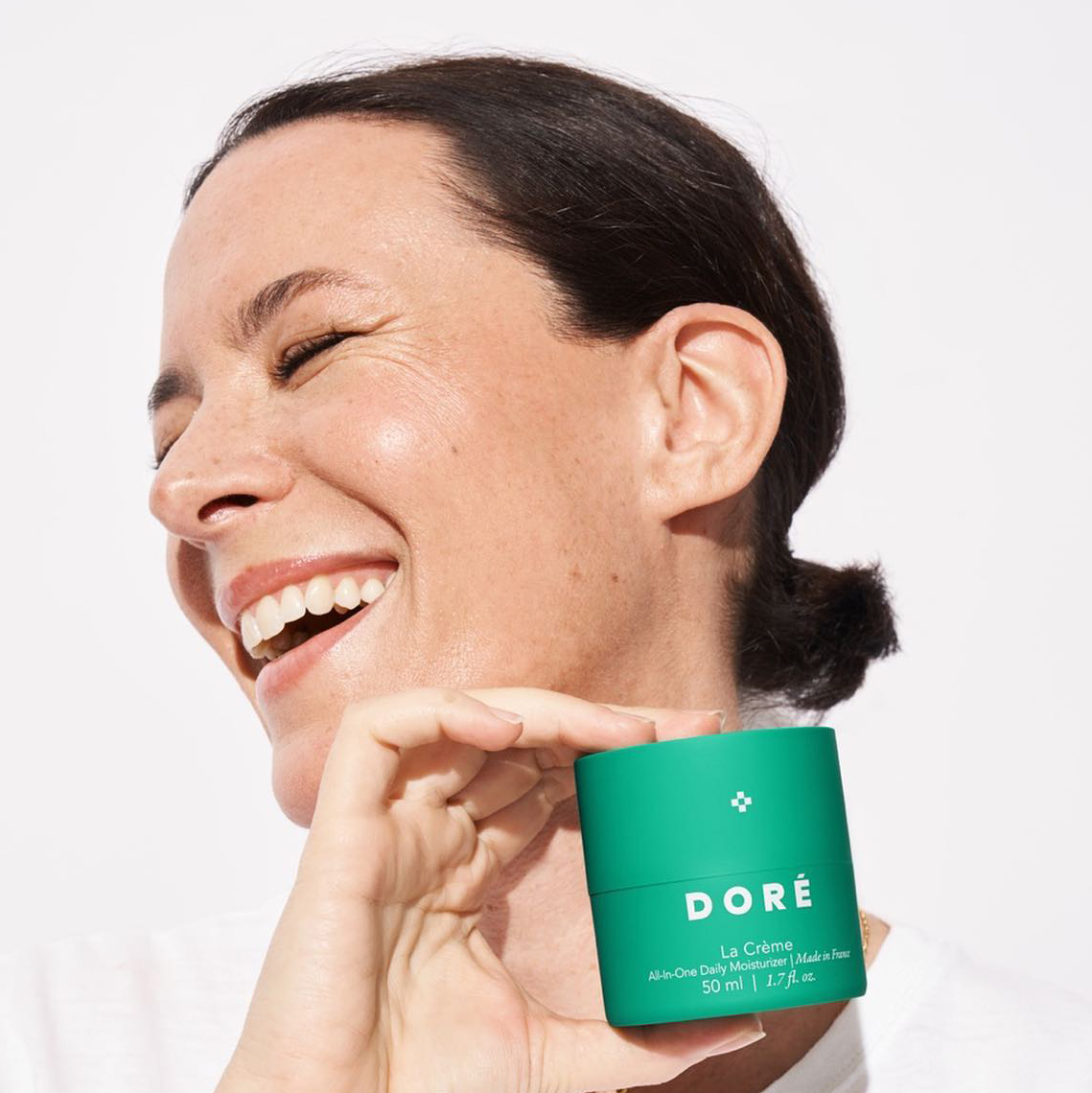 This Style Influencer Turned Founder Shares Her Favorite Ways to Start the Day
This Style Influencer Turned Founder Shares Her Favorite Ways to Start the DayA morning routine from London.
By Candice Aman
-
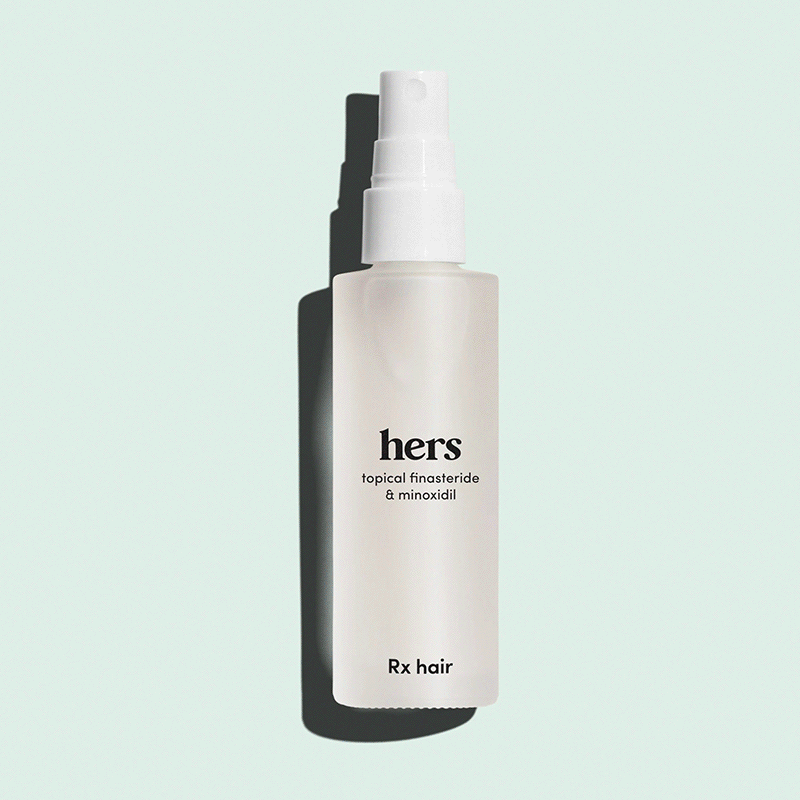 13 Products That Will Step Up Your Self-Care Game From Home
13 Products That Will Step Up Your Self-Care Game From HomeGet that glow from within.
By Natalie Gray Herder
-
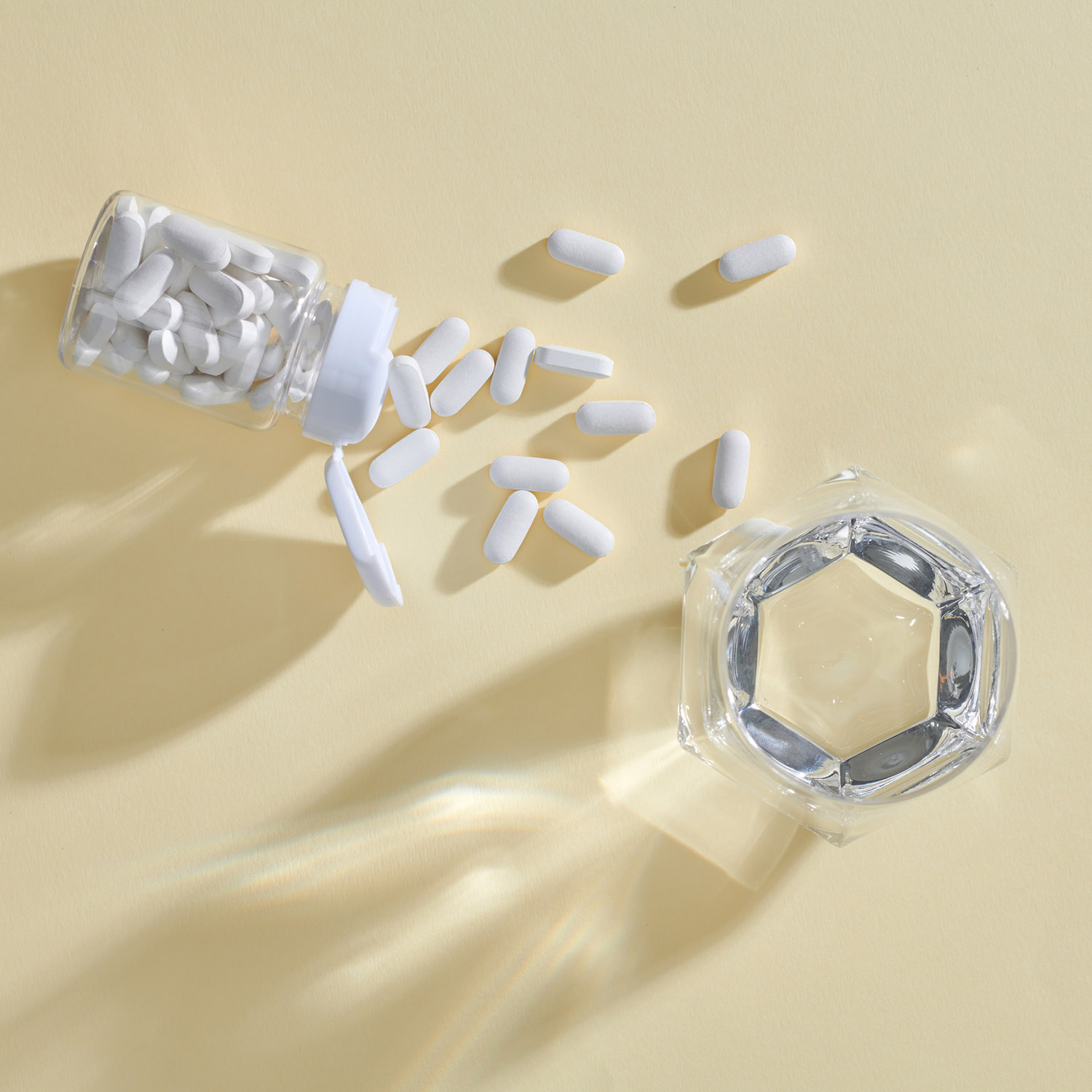 Don't Forget This Vital Ingredient When It Comes to Gut Health
Don't Forget This Vital Ingredient When It Comes to Gut HealthIt's crucial.
By Sarah Yang
-
 These 8 Foods Are the Worst for Rosacea—Here's What to Eat Instead
These 8 Foods Are the Worst for Rosacea—Here's What to Eat InsteadControl those flare-ups.
By Sarah Yang
-
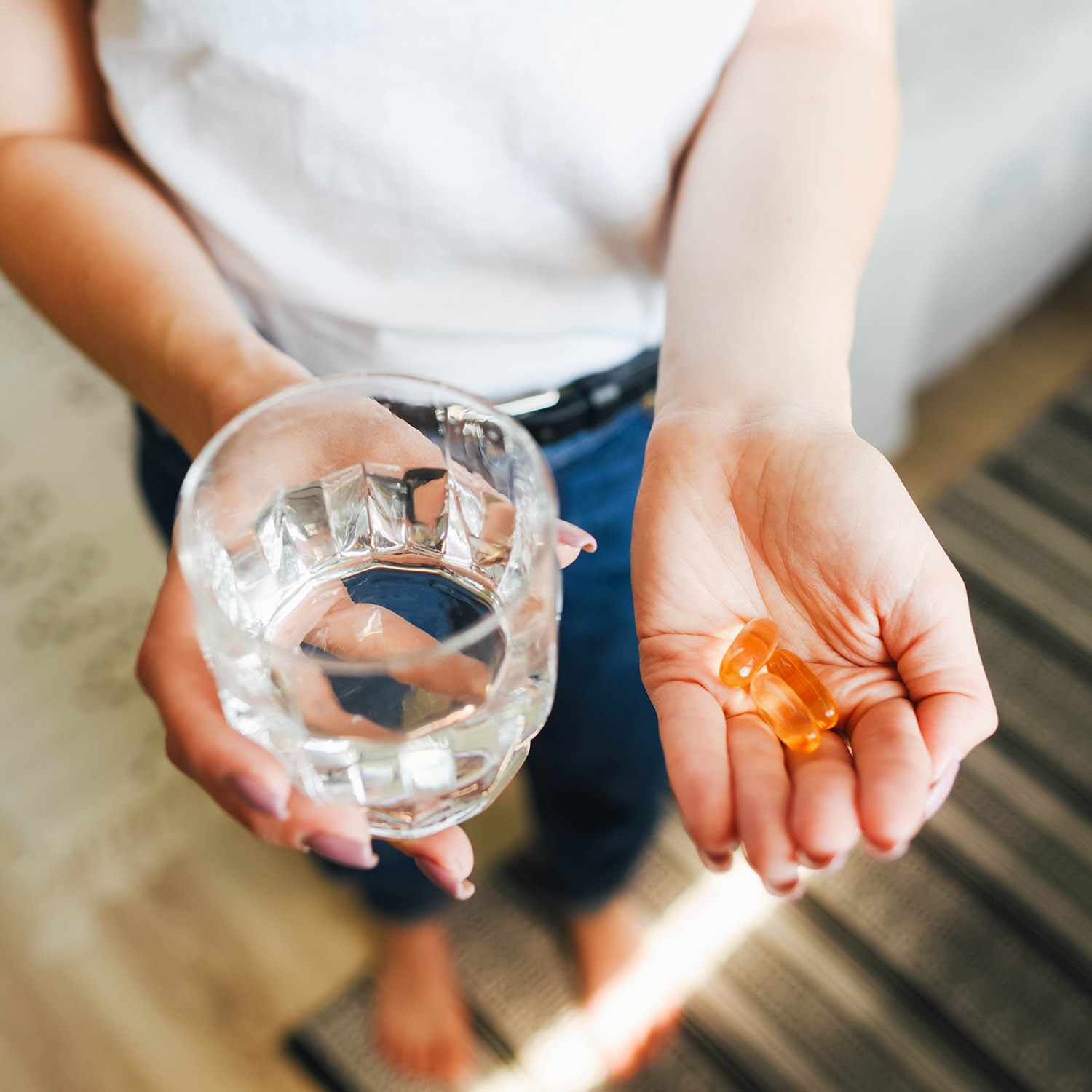 FYI: This Vitamin Affects Your Skin, Immune System, and Eye Health
FYI: This Vitamin Affects Your Skin, Immune System, and Eye HealthIt's a big deal.
By Sarah Yang
